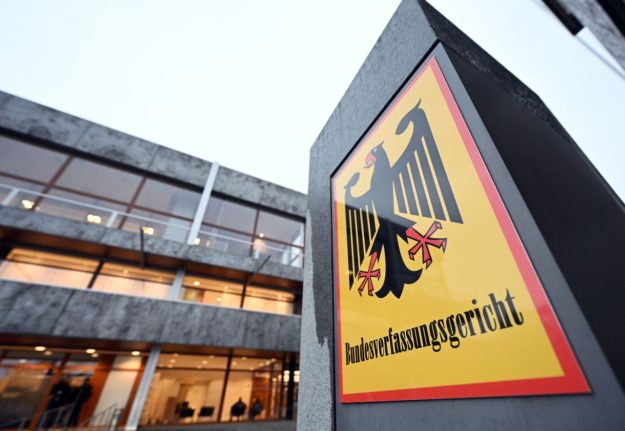Seven-time European champions Milan have run up losses of €255 million ($300 million) in the last three seasons, way above the €30 million permitted by the rules that are designed to stop clubs from over-spending.
“After careful examination of all the documentation and explanations provided, the Chamber decided not to conclude a voluntary agreement with AC Milan,” a UEFA statement said.
The key concerns focus on the takeover of the club by Chinese businessman Li Yonghong.
UEFA said: “There are still uncertainties in relation to the refinancing of the loans to be paid back in October 2018 and the financial guarantees provided by the main shareholder.”



 Please whitelist us to continue reading.
Please whitelist us to continue reading.